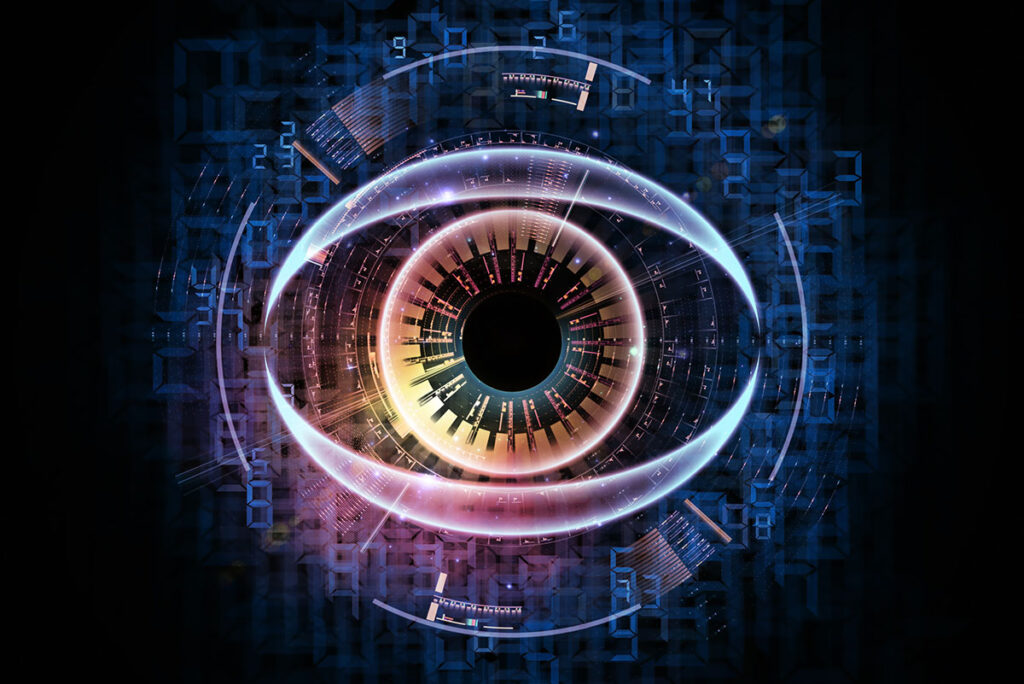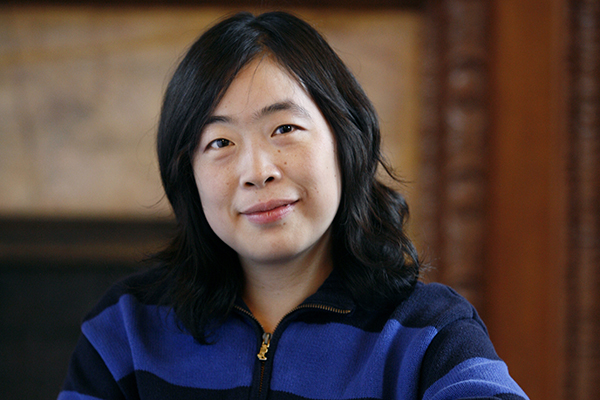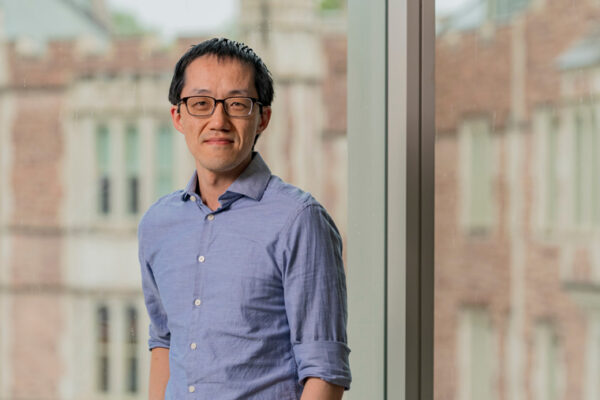
Self-driving cars are equipped with sophisticated cameras and optical sensors that use powerful computer processors to analyze their environment. What if the sensors and cameras could be powered by taking advantage of the properties of light?
Mark Lawrence, an assistant professor of electrical and systems engineering at the McKelvey School of Engineering at Washington University in St. Louis, plans to develop such sensors and cameras with a five-year, nearly $560,000 CAREER Award from the National Science Foundation. CAREER awards support junior faculty who model the role of teacher-scholar through outstanding research, excellence in education and the integration of education and research within the context of the mission of their organization. At least one-third of current McKelvey Engineering faculty have received the award.
Under Lawrence’s plan, these sensors could be used to perform medical diagnostics, surveillance, or safety and security monitoring without needing a camera, computer chip or battery.
Read more on the McKelvey Engineering website.


